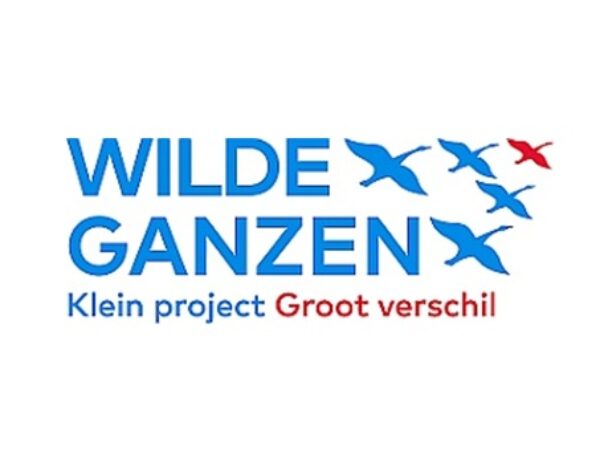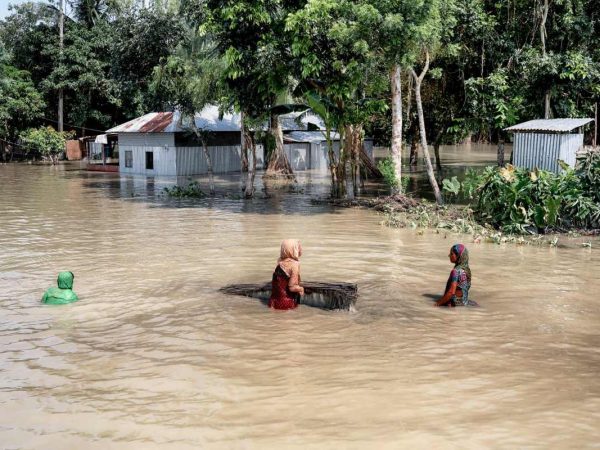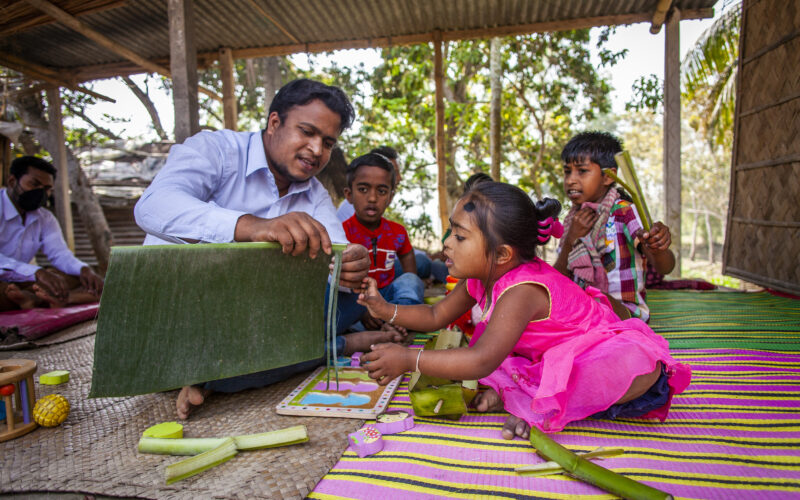News How care at home combats (social) poverty
Our veranda schools seem to be a solution for sustainably embedding care and education in local communities. They create more visibility and more understanding among local residents and therefore less exclusion.
The pandemic showed us that parental involvement in their child’s development is of the utmost importance. Children who were encouraged by their parents and environment showed progress in physical and social development as well as language and cognitive skills, also during the pandemic and school closure. These developments motivate parents to continue doing the intensive exercises with their child. When parents are in such a positive upward spiral, they radiate strength to the community. The community then becomes more open, there is more acceptance and therefore more inclusion.
Children who stagnated in their development often have parents who themselves did not go to school when they were young, who have developmental delays, or the children live with their grandparents. Because the (grand)parents often experience physical and social discomfort themselves and lack an inner drive to make the best of the situation, they are more likely to end up in a negative downward spiral.
It is precisely then that we must invest in a social and understanding environment that supports rather than disregards the family. That is not easy, but by appointing buddies, organizing village meetings and engaging with the municipalities we are taking up the challenge. Only by breaking this negative downward spiral can we reduce social poverty and also show the strength of children with disabilities.
Learn more about our community care.



